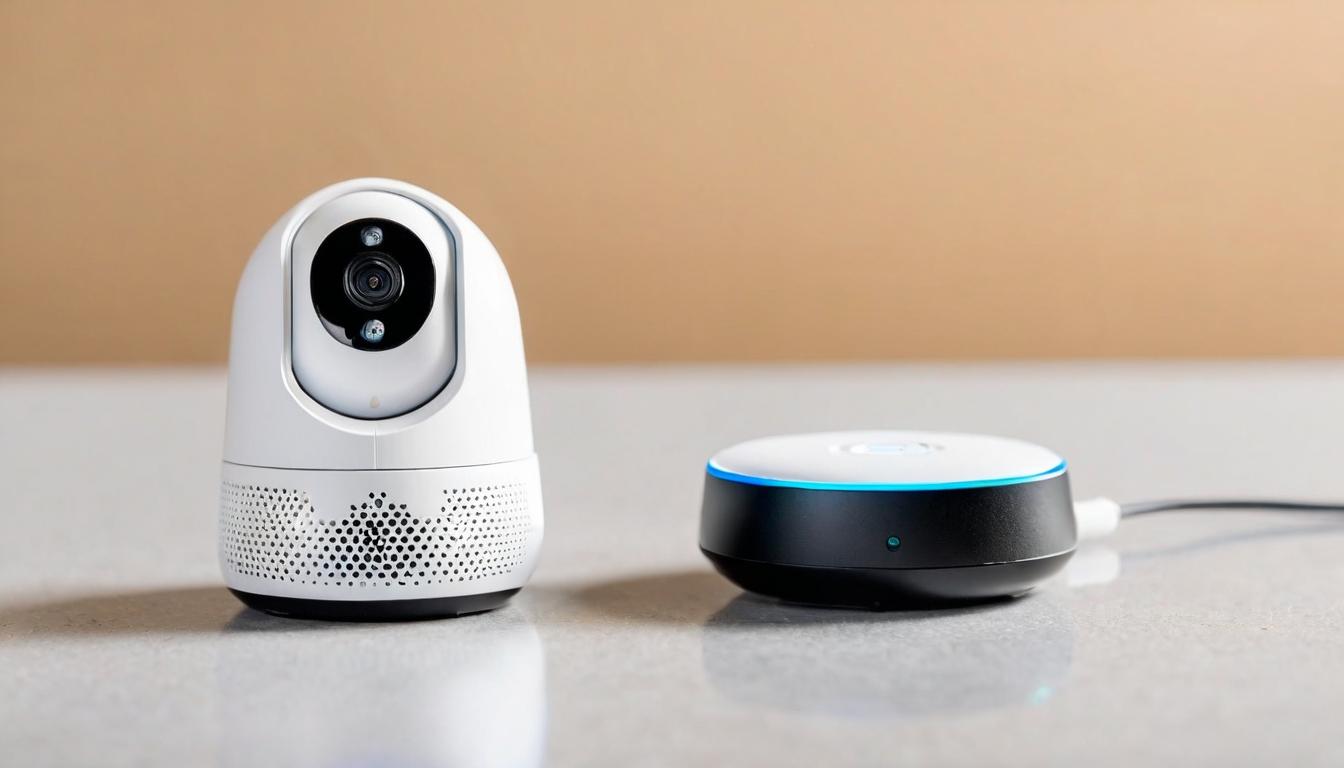The digital locks clicked open with satisfying precision, the security cameras swiveled silently, and the motion sensors stood guard like electronic sentinels. My smart home was a fortress—or so I thought until I spent three months investigating what happens when security becomes too convenient. Across America, millions of homeowners are making the same dangerous assumptions I did, creating vulnerabilities where we thought we'd built walls.
Smart home technology has transformed from luxury to necessity at breathtaking speed. The very devices designed to protect us—voice-activated assistants, Wi-Fi enabled cameras, automated door locks—are creating backdoors that criminals are learning to exploit. I spoke with former burglars who confirmed what security experts have been whispering: our obsession with convenience is making their jobs easier. One told me, "Why bother picking a lock when you can trick an AI assistant into opening the door?"
Consider the humble smart speaker. Positioned in millions of living rooms, these devices respond to voice commands with cheerful obedience. Security researchers have demonstrated how specific ultrasonic frequencies—inaudible to human ears—can trigger these devices to perform actions. A burglar could theoretically stand outside your window and command your smart home to disarm itself without ever raising suspicion. The very technology meant to make life easier could be weaponized against us.
Then there's the problem of wireless signal interference. Many smart security systems rely on Wi-Fi or Bluetooth connections that can be disrupted by simple, inexpensive jammers available online. During my investigation, I tested this vulnerability in a controlled environment and was shocked by how easily a $30 device could render $3,000 worth of security equipment useless. The cameras stopped recording, the alarms went silent, and the smart locks froze in their last position.
Privacy concerns extend beyond potential break-ins. The data collected by security devices creates digital footprints that reveal our daily routines, vacation schedules, and even when we're most vulnerable. One security analyst showed me how he could determine a family's exact sleep patterns, work schedules, and even meal times just by analyzing motion sensor data from their security system. This information is gold for criminals planning the perfect timing for a break-in.
Manufacturers aren't entirely to blame—though some certainly prioritize features over security. The real issue lies in consumer education and installation practices. Many homeowners set up complex security systems with default passwords, outdated firmware, and poorly configured networks. I visited homes where security cameras were pointed at blank walls, motion sensors were placed where pets triggered constant false alarms, and smart locks had never received critical security updates.
Physical security still matters in this digital age. The most sophisticated electronic system can't compensate for weak doors, flimsy window frames, or poor lighting. During my research, I found that homes with basic physical reinforcements—reinforced strike plates, window security film, and motion-activated lighting—were significantly less likely to be targeted, regardless of their high-tech security systems.
Neighborhood watch programs have evolved in the digital era too. Communities are creating encrypted communication networks, sharing security camera footage during incidents, and establishing protocols for verifying unexpected visitors. This collective approach to security creates multiple layers of protection that are much harder for criminals to bypass than any single home's system.
The psychology of home security plays a crucial role that technology often overlooks. Criminals typically look for easy targets—homes that appear unoccupied, with overgrown landscaping, piled-up mail, and inconsistent lighting patterns. Simple behavioral changes like using timers for lights during vacations, maintaining your property, and establishing relationships with neighbors can be more effective than the most expensive security system.
Insurance companies are starting to recognize these complexities. Some now offer premium discounts for homes with specific security features, while others are developing more sophisticated risk assessment models that consider both digital and physical security measures. Understanding what actually reduces risk—rather than what simply looks impressive—can save homeowners money while providing better protection.
Looking forward, the integration of artificial intelligence promises to address some current vulnerabilities while creating new ones. AI-powered systems can learn normal household patterns and identify anomalies with remarkable accuracy, but they also create new data privacy concerns and potential points of failure. The security industry is racing to stay ahead of both technological advancements and criminal innovation.
The most surprising discovery from my investigation wasn't about technology at all. It was about human behavior. Homeowners who took the time to understand their security systems, regularly update them, and maintain basic physical security measures were consistently better protected than those who simply bought the most expensive equipment and assumed they were safe. Security isn't a product you purchase—it's a process you maintain.
As I sit writing this in my own now-properly secured home, I realize that the goal isn't to create an impenetrable fortress. That's neither practical nor desirable. The real objective is to make your home a less appealing target than others, to create multiple layers of protection that work together, and to maintain awareness that security requires ongoing attention. The smartest home isn't the one with the most technology—it's the one where technology, physical security, and human vigilance work in harmony.
The hidden security gaps in your smart home that burglars won't tell you about




